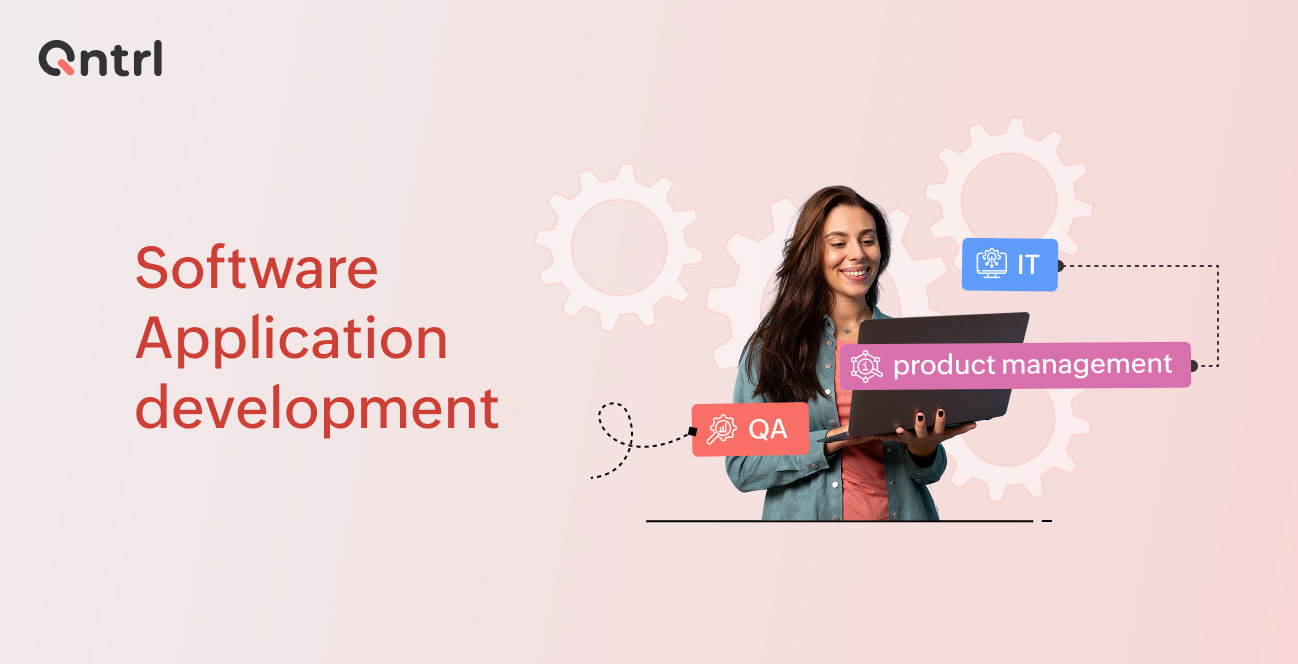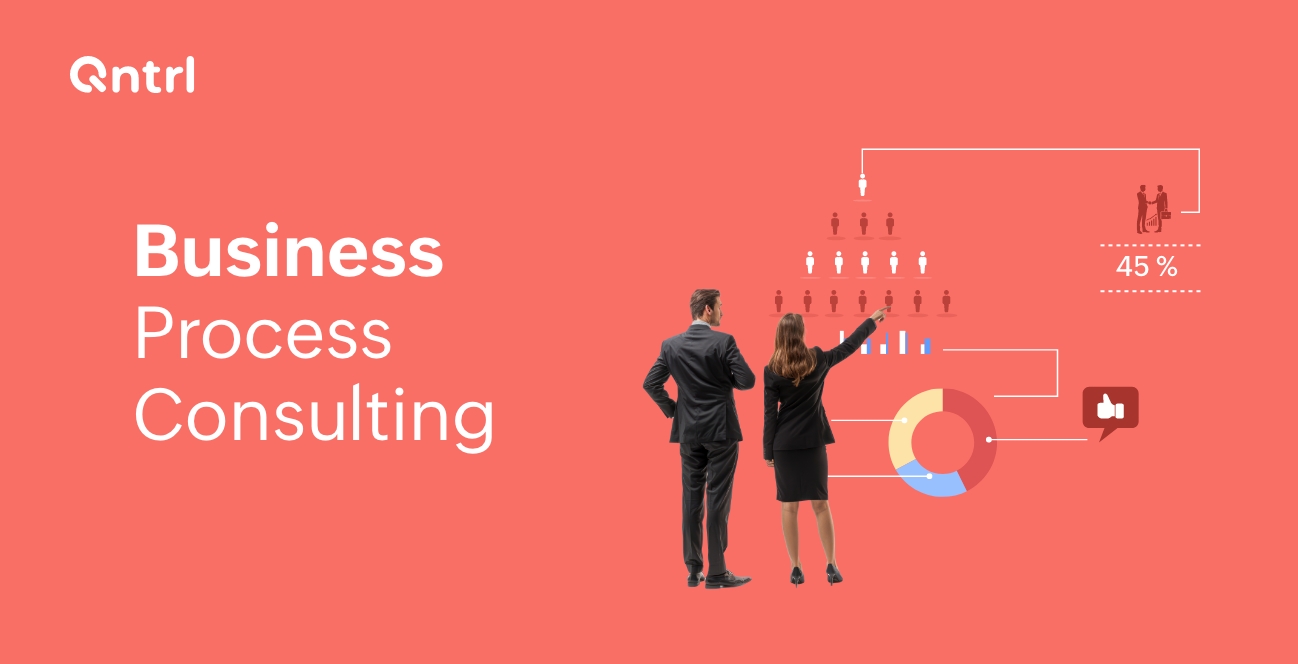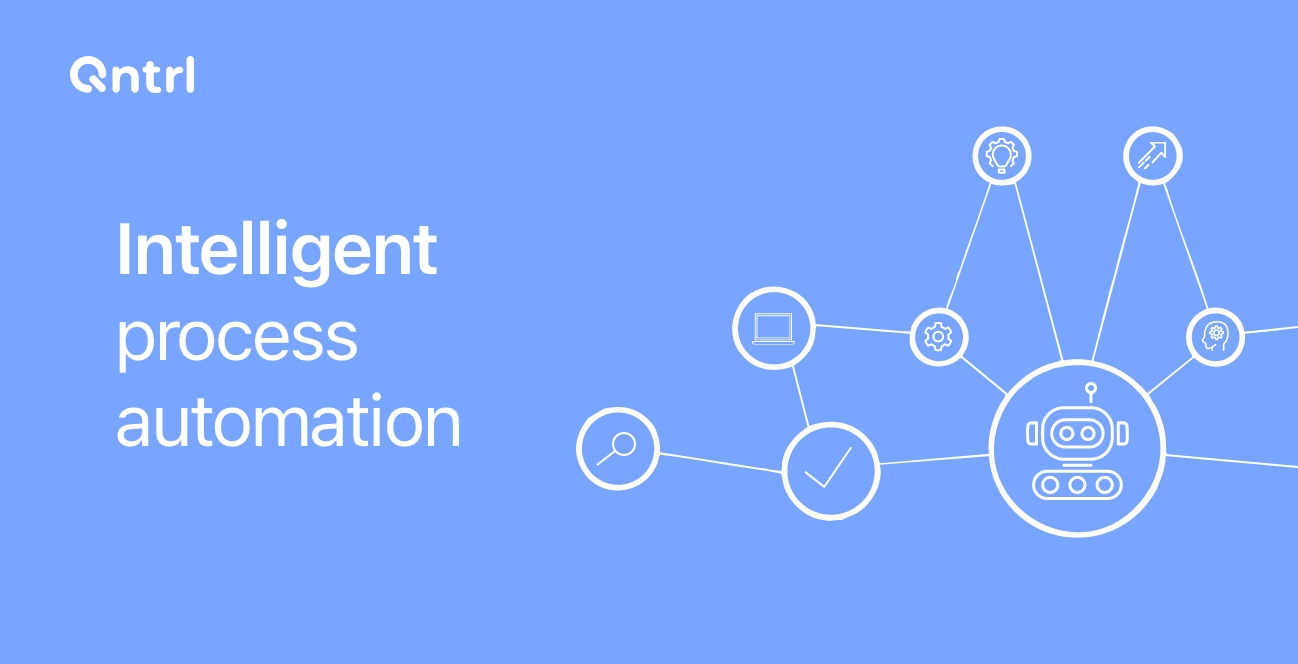Contracts play an essential role in both B2C (business-to-consumer) and B2B (business-to-business) industries, as well as among freelance professionals. This document officially establishes the responsibilities, rights, and obligations of both service/product providers and recipients, fostering a clear understanding of expectations among all involved parties.
Within contracts, it is also possible to outline the methods of execution or delivery of the product or service, as well as the penalty forms, if one of the parties fails to comply with the terms previously defined. This is what gives these documents an essential legal role in cases of purchase or sale, backing negotiations and defining the responsibilities of both the contracting and contracted parties.
They also provide a clear framework for the transaction or project at hand, helping to mitigate potential misunderstandings or disputes. As such, it's crucial that contracts are well-crafted and thoroughly reviewed before signing to ensure that all parties are on the same page and that the agreement is fair and equitable for everyone involved.
But if a company or a freelance professional has to deal with multiple suppliers and contracts at the same time, how can they ensure compliance with the clauses and mitigate the potential risks? Contract management can be the answer. This article explains what it is and how to carry out management effectively to minimize losses and ensure a healthy contract cycle from creation to conclusion.
What is legal contract management?
The contract management cycle begins with initial negotiations and discussions between two or more parties and goes beyond the signing of the contract to cover the entire duration of the project or service delivery. The process entails thorough planning, careful drafting, review and negotiation of terms, and continuous monitoring and evaluation of the contract's performance. Effective contract management is crucial for ensuring that all parties involved meet their obligations and that the project runs smoothly from start to finish.
Effective management involves a series of coordinated and strategic activities that guarantee smooth execution, minimize risks, and maximize benefits. It comprises a range of best practices that can reduce the risk of financial loss and ensure transparency for all parties involved. Some other advantages of contract management include:
- Reduction of errors
- Increased organization
- Enhanced credibility during service provision
- Improved control over deadlines
What are the stages of contract management?
Contract management begins with identifying the needs and goals of each party, defining the contract's terms and conditions, drafting an initial agreement, and negotiating details to reach mutual agreement.
When drafting and negotiating contracts, it's important to clearly define and document all clauses and responsibilities to avoid future misunderstandings. Specialized departments like legal can help with drafting and addressing potential demands, making it easier for parties to approve and sign the agreement.
Once the contract has been signed, the next step is to execute it. This process entails implementing all the terms that have been agreed upon, including deadlines, deliveries, payments, and specific responsibilities.
Effective contract management requires constant communication between all parties involved, regular monitoring of progress to ensure that everything is on track, and proactivity in resolving any issues or deviations that may arise during the contract. It’s important to be vigilant and proactive to ensure the contract is executed successfully and all parties involved are satisfied with the outcome.
In certain situations, there might be unforeseen factors that can make a substantial impact on the original terms of the agreement, and for that reason, it is crucial to address them in a prompt and professional way to ensure that all parties involved continue to experience success.
This is why it is important to make contract revisions with careful consideration and attention to detail, considering the potential consequences of any proposed changes. By doing so, companies can ensure that any modifications to the agreement are fair and equitable for all parties involved.
Once the service is provided or the product is delivered as agreed, the contract is complete. The contract can also be renewed, and this starts a new cycle. To renew the contract, the parties involved should meet and discuss the new agreement's terms, including any necessary changes or updates.
How to optimize the legal contract management process
In order to ensure that all parties involved in a contract are on the same page, it may be necessary to implement regular reports, review meetings, and performance metrics. These efforts can help to promote transparency and accountability while also identifying any areas where improvements can be made.
Fortunately, technology can play a crucial role in streamlining this process, making it more efficient and effective. By leveraging the latest tools and software, contract managers can automate many of these tasks, freeing up valuable time and resources to focus on other critical areas of the business.
Moreover, digitizing contracts paves the way for automation, another valuable resource when it comes to managing contracts. With orchestration software like Qntrl, it's possible to have more control over clause negotiation and review, as well as to facilitate processes for all involved parties, optimizing time and financial costs for teams.
In summary, contract management is a fundamental strategy for companies to operate more effectively and productively, supported by documents that detail the demands and obligations of the involved parties. Managing these agreements efficiently can bring even more profitability and organization, and by using digital tools, it's possible to amplify the positive outcomes of this process.
GUEST WRITER: Marina Meireles







